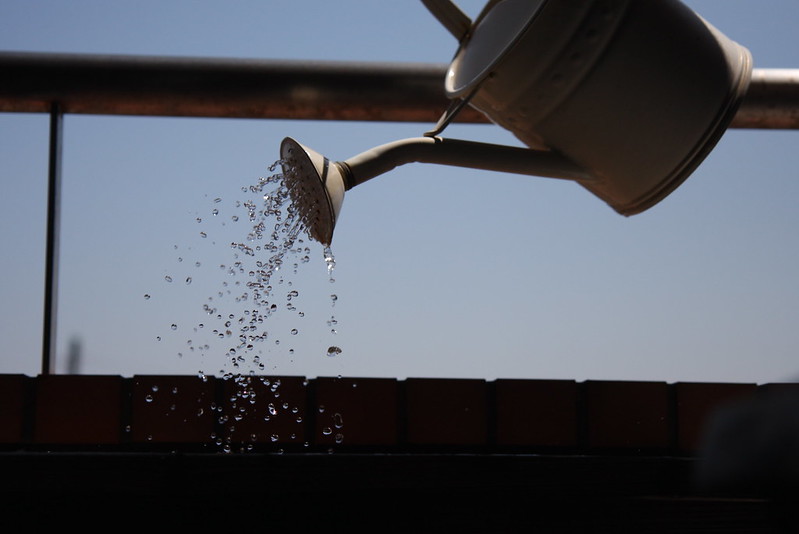“Could you water my plants?” I asked my roommate when I was out of town. They say it takes a village to raise a child, make it through medical school, to do anything worth knowing. When I started medical school, I had a village: parents, friends, family, a partner and my plants. By my third year, it was just me. Nothing tragic happened; differences drove us apart. I went from calling my parents twice a day about the color of the sky and the greenness of grass to radio silence. Now, the only calls I got were about my car insurance even though I do not own a car.
The rigors of medical school are isolating because when the action subsides after a long day of clinic or rotations, you have to sit with yourself and the intrusiveness of your thoughts. Studying was tough because a scary thought lingered in the back of my head: what if no one I love is at my graduation? Nothing seemed worth it if I’m not surrounded by loved ones at the finish line.
It was the first time I felt responsible for my loneliness.
Soon after, I started my surgery clerkship with my first night on call. We were told to respond to all alpha traumas. “Trauma alert, alpha team, emergency department,” I was instructed to put on a gown and gloves and stand to the side. The EMTs who brought the patient filled us in: “27-year-old male, multiple gunshot wounds to the chest, abdomen and right arm.” The automatic chest compression system echoed through the room like thunder, making me flinch with each pump. The patient’s shoes were removed by the nurse and tossed on the floor. One landed in front of me. The thud reverberated as I stood trembling, trying to make sense of every sound in this one room universe.
I’ll never forget those shoes. Nike Air Forces. Pristine white, their surface marred by drops of blood clinging to the shoes as if they were the last sanctuary in this world. They say your life flashes before your eyes when faced with death. At that moment, I fixated on the shoes and the faces of my friends and family flashed before me: my brother, smiling with white shoes on his first day of high school, and a college friend who refused to walk in the grass to keep his white shoes clean.
After five minutes of checking his pupils, pulses and learning that resuscitation had been attempted in the field for 30 minutes, the physician asked if anyone had any objections to calling it. “Time of death: 11:43 p.m.” As I stared at the patient, an inseparable embodiment of love and loneliness, one lingering thought remained: who will water his plants?
It was then I learned that love is as strong as death, and loneliness as fierce as the grave – the patient was alone at his time of death. After all, isn’t death a permanent state of loneliness for both the individual and their loved ones — a state of deprivation?
I thought years of medical training meant I could handle death and loneliness. I was wrong. I found myself in tears on the shoulder of my resident. Medical training often obscures your own pain and suffering. In that moment, however, the pain was overwhelming and shattered what I thought I knew. Loneliness often creeps in unexpectedly and rears its ugly head during the long hours and demanding nature of medicine. Sometimes it presents itself as you are left staring at a shoe on the floor, a remnant of life, or after a long night of studying. I previously saw it as a weakness. Loneliness is not a weakness because it cannot be taken away from you – it is mine; your patients remind you of its unavoidable nature. It requires nurturing with patience and compassion.
I walked down the hallway to the emergency room multiple times to respond to other alpha traumas. The lighting was dim, the halls were empty and I, in bright purple scrubs, walked alone whispering to myself, “All is well.” That walk reinforced that until you understand your own suffering, it is difficult to understand someone else’s. It takes a village. When your village is missing during a long night of studying or a difficult day in the hospital, you build your kingdom.
Your kingdom is “the next thing” after you cannot find a pathology to excise or a scan that can explain what is awry and you’ve exhausted all distractions. It is anything that keeps you moving forward – in my case being grateful that someone can water my plants. There will always be one more thing, and these help build your source of strength – your kingdom.
Image credit: Watering Our Plants… (CC BY 2.0) by chichacha

